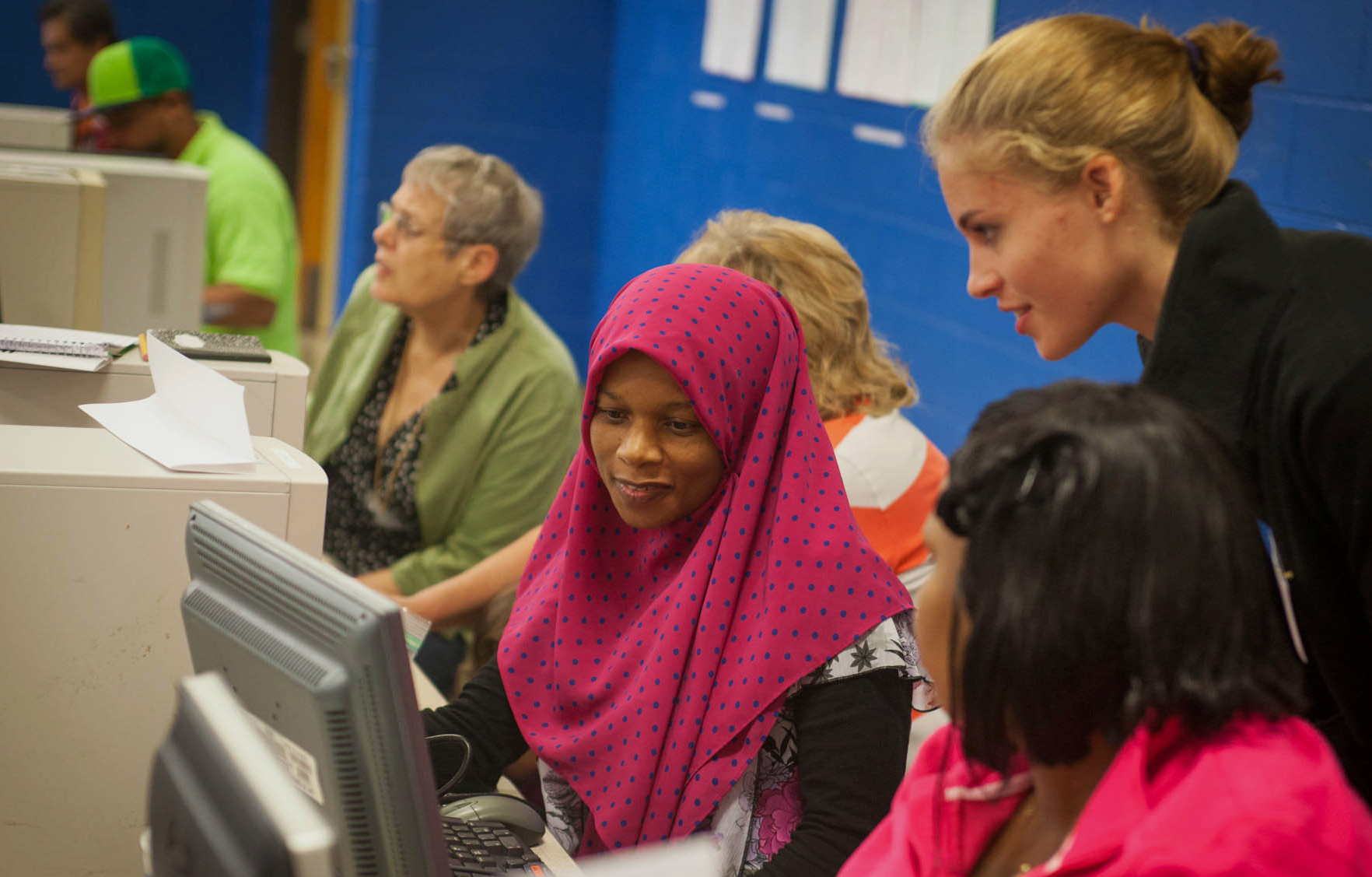Orange Unit: A Person-Centered Launch

Table of Contents
Orange Unit Overview
We must rapidly begin the shift from a ‘thing-oriented’ society to a ‘person-oriented’ society. When machines and computers, profit motives and property rights are considered more important than people, the giant triplets of racism, materialism, and militarism are incapable of being conquered.
Rev. Dr. Martin Luther King, Jr.
Rev. Dr. Martin Luther King, Jr. delivered his “Beyond Vietnam” speech at the Riverside Church in New York City in April of 1967. It was given against the advice of many of King’s closest advisors. They were concerned, with merit, that bringing together the civil rights, poverty, and peace movements would lose the support of some major donors, influential liberals, and many white supporters. King would not be dissuaded, as he saw all things interconnected. The structures in place were already appropriating the civil rights gains. The above quote ends a paragraph that began with Dr. King referencing a statement made by the late John F. Kennedy:
Five years ago he said, ‘Those who make peaceful revolution impossible will make violent revolution inevitable.’ Increasingly, by choice or by accident, this is the role our nation has taken, the role of those who make peaceful revolution impossible by refusing to give up the privileges and the pleasures that come from the immense profits of overseas investments.
Rev. Dr. Martin Luther King, Jr.
Throughout this speech, Dr. King repeatedly emphasized our important need for “a radical revolution of values.”
The primary objective of this textbook is to provide a deep, hands-on sociotechnical dive into technology including electronics, software, and networks, culminating in a holistic understanding of networked information systems. The textbook also explores the methodological landscape of networked information systems, exploring the theoretical assumptions, historical contexts, social structures, and research methods and techniques used by those known and unknown who influenced the design, making, gifting and/or marketing of technologies. Throughout, co-explorers will be introduced to, and make active use of skill sets, frameworks, and standards employed by a wide range of information professionals in selecting, co-designing, appropriating, and innovating-in-use networked information systems.
But might we be at risk of approaching digital technology, literacy training, and programming through dominant paradigms that keep invisible the various ways our digital technology and media are controlled and mediated so as to privilege a few over the many?
Is it possible, in our very efforts to “bridge the digital divide” and build “21st century digital literacy skills,” that we are actually deconstructing civil society and civic engagement, and instead furthering magical thinking about technology, a belief in the supremacy of the technocrat, and the centrality of market forces?
While these are questions we’ll only introduce over the course of the book, the Orange Unit is our starting point for considering how our everyday works with technologies can serve as a means to rapidly shift from a ‘thing-oriented’ society to a ‘person-centered’ society, as so importantly introduced by Dr. King in 1967.



